Welcome to Our Research Archive
Search and filter by content type, issue area, author, and keyword
- ✕ Clear Filter
- AI (1)
- Article (3)
- Articles (938)
- book (1)
- Climate (225)
- climate change (1)
- data dashboard (14)
- electricity (3)
- energy (236)
- Events (25)
- op-ed (1)
- Podcast (3)
- Post (2)
- Puerto Rico (1)
- Report (2)
- Reports (16)
- science (79)
- science funding (10)
- science trust (10)
- technology (514)
- testimony (1)
- Working paper (1)

June 3, 2025
The Politicization of Intelligence, Part 2
In Part 1 of this two-part series I discussed the National Intelligence Council (NIC) and its role iin synthesizing and summarizing intelligence from across the U.S. government’s intelligence gathering agencies. Today, in Part 2 I take a broader look at the challenges of securing reliable intelligence in an environment characterized by ever-present politics. Intelligence in decision making “includes…

May 30, 2025
A Bitter Pill to Swallow: American Drug Shortages
While drug pricing has been a consistent focus for policymakers concerned about access to medicine, another significant barrier to care has grown: drug shortages. Drug shortages have become more prevalent, with causes ranging from problems at manufacturing facilities, compliance with regulation to unpredictable demand. An insufficiently profitable market, particularly for complex generic medicines, discourages investment…

May 23, 2025
Heavy Metal
More than 7,000 years ago, humans first began mining copper. Since then, humans have mined more than 700 million tonnes. According to a fascinating study of the metals requirements of a net zero energy transition, the world will need to produce another 700 million tonnes of copper over the next 22 years. The study, by Simon Michaux of the…
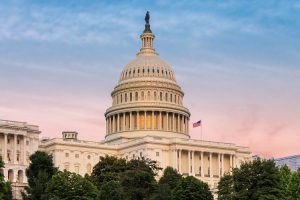
May 19, 2025
Ten Provocative Graphs
The figures and data below are all hot of the press and shared to help get your weekend off to an intellectually stimulating start. Enjoy! The Earth is Darkening In a new posting, climate scientist James Hansen calls our attention to a “BFD”: Earth’s albedo (or reflectivity) is the portion (percent) of incoming solar radiation that…
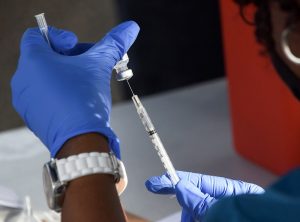
April 17, 2025
The New Rules for Experts
My friend and AEI colleague Tony Mills — director of the AEI Center for Technology, Science, and Energy — has been on a tear lately. Today, I share four of Tony’s essays published in the past month on public trust in science, reform of NIH, COVID’s long-term costs, and how virologists lost the gain-of-function debate. Enjoy, and see you…
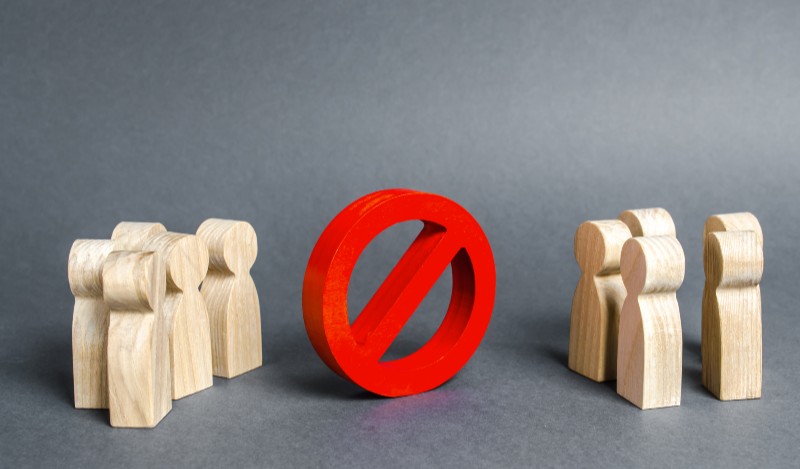
April 14, 2025
The Strange New Politics of Science
Amid the familiar lines of political division in America—immigration, abortion, taxes, regulation, and the like—a new divide has emerged over trust in science. Concerns about the politicization of science and the “scientization” of politics can be traced back decades. But more recent trends indicate that we are entering a new era in the politics of science,…

April 8, 2025
Does Testosterone Make Men?
Does biology determine destiny, or is society the dominant cause of masculine and feminine traits? In this spirited exchange, the psychologist Cordelia Fine and the evolutionary biologist Carole Hooven unpack the complex relationship between testosterone and human behaviour. Fine emphasises variability, flexibility and context – seeing gender as shaped by social forces as much as…
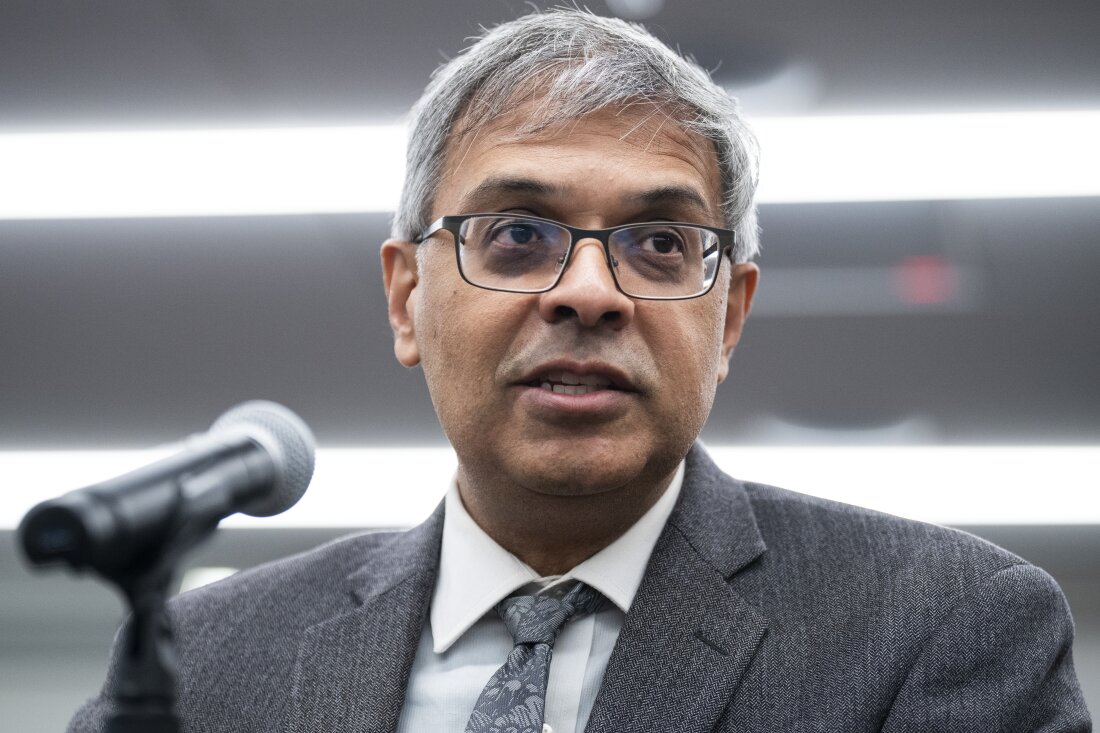
April 3, 2025
The New NIH Director Has His Work Cut Out For Him
In the wake of Covid, trust in scientific and medical experts has eroded and become starkly polarized, threatening the ability of science agencies to sustain broad public support. The National Institutes of Health in particular has become a lightning rod, due to the controversial roles of Anthony Fauci and Francis Collins during the pandemic as…
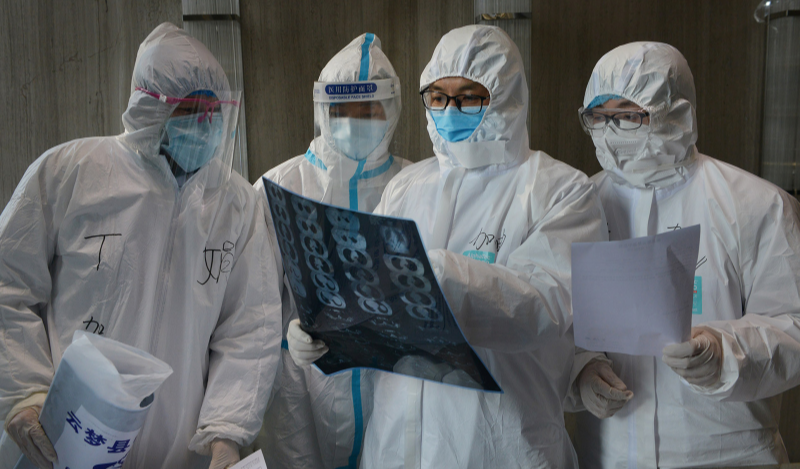
April 3, 2025
How Virologists Lost the Gain-of-Function Debate
For years, scientists kept the debate about risky virus research among themselves. Then Covid happened. As President Trump prepares to crack down on virology research, the expert community must face up to its own failures. Read the full essay in The New Atlantis.

March 27, 2025
We Still Haven’t Reckoned with Covid’s Costs
Five years ago, a new coronavirus to which no one was yet immune was sweeping the globe, shutting down schools and sporting events. In March 2020, masks had not yet become a partisan lightning rod — the Centers for Disease Control and Prevention had not yet even recommended them. And according to the Pew Research Center,…